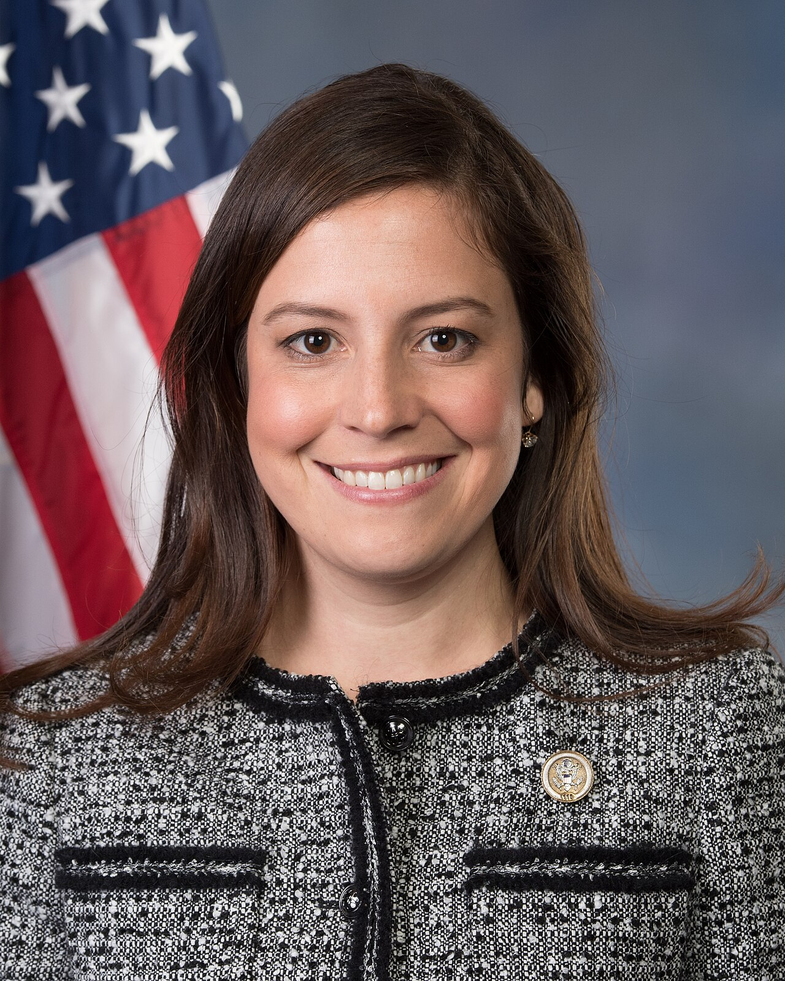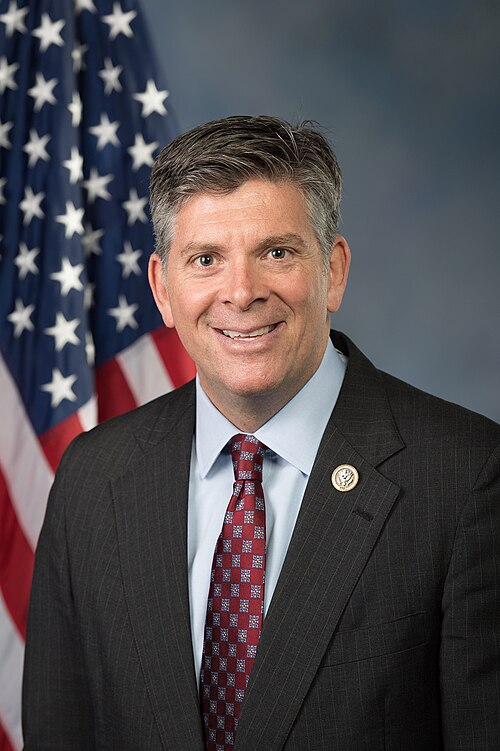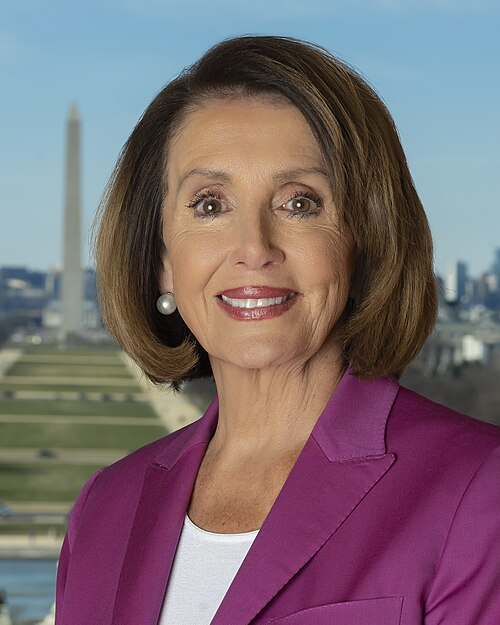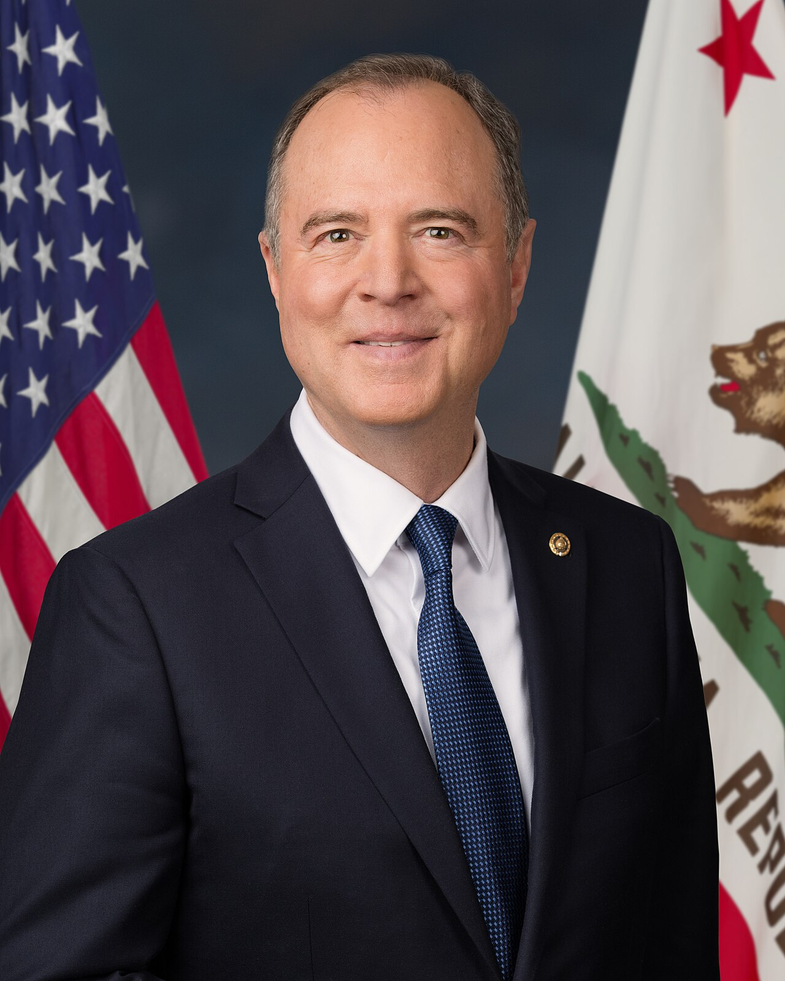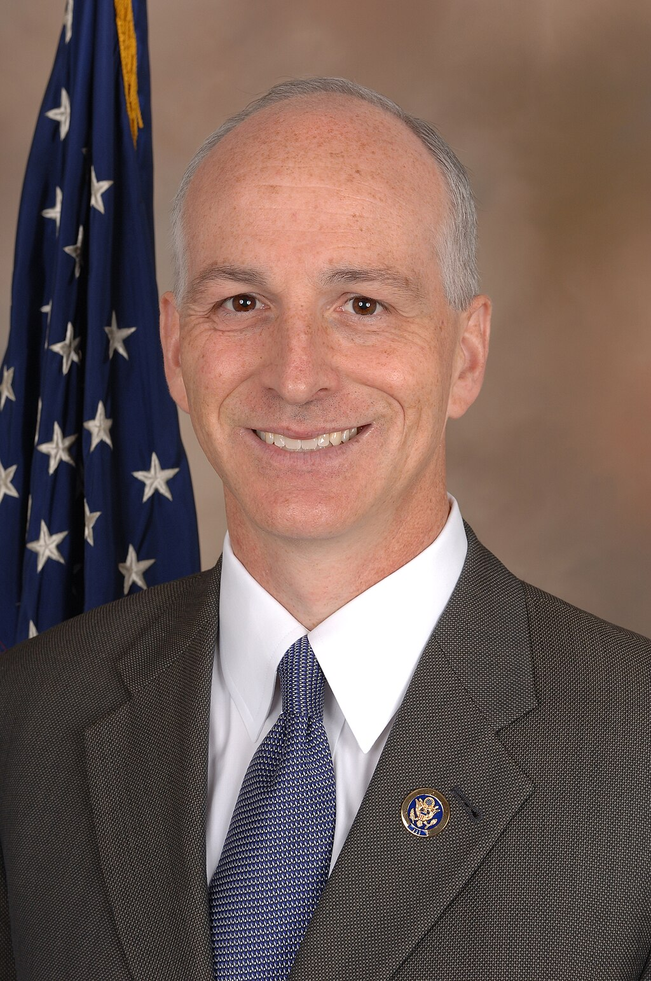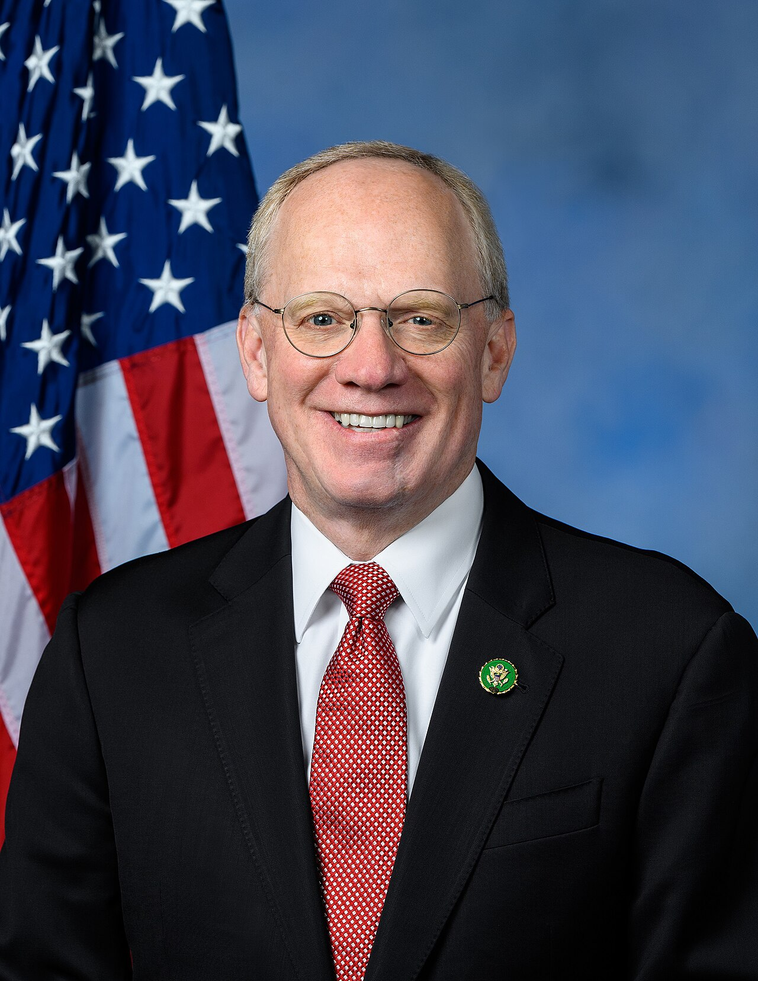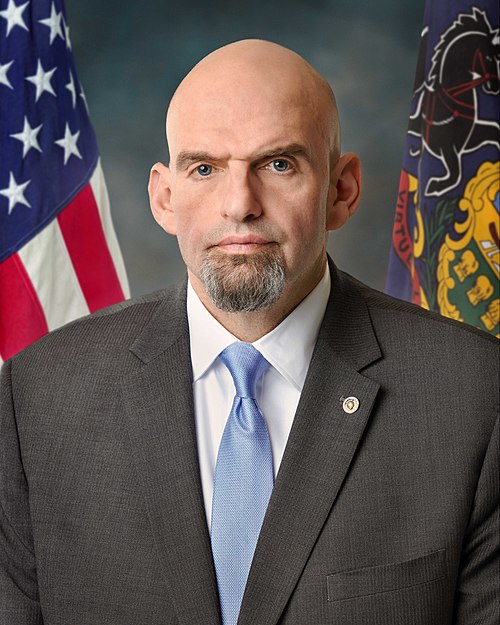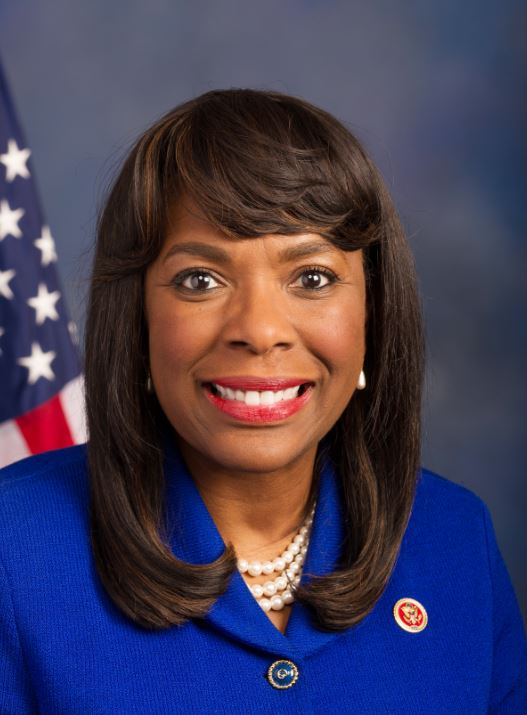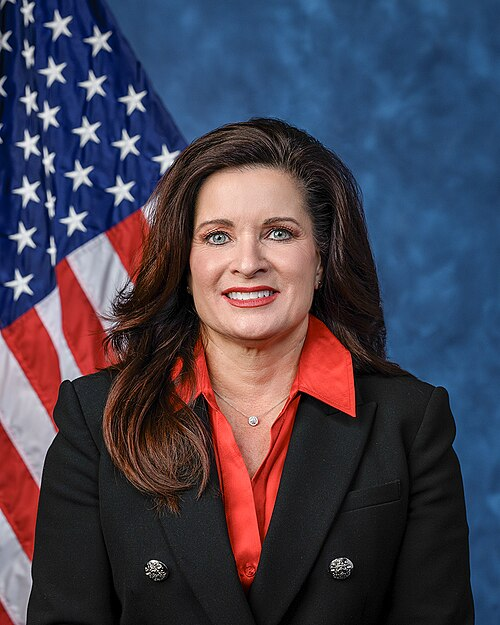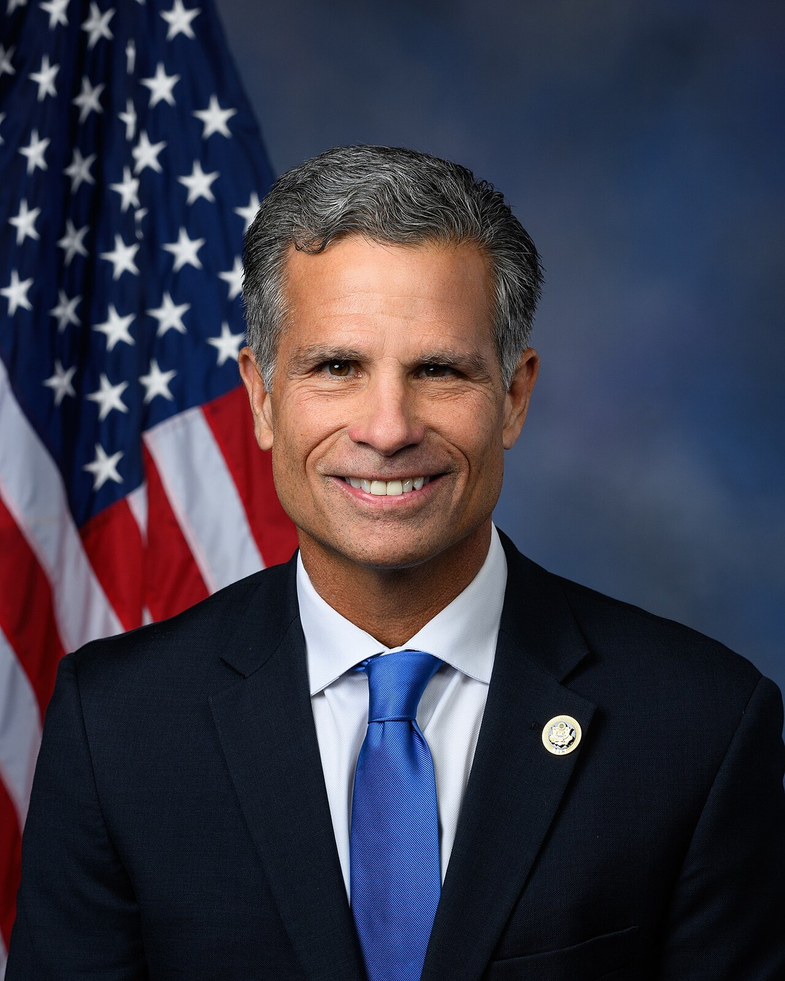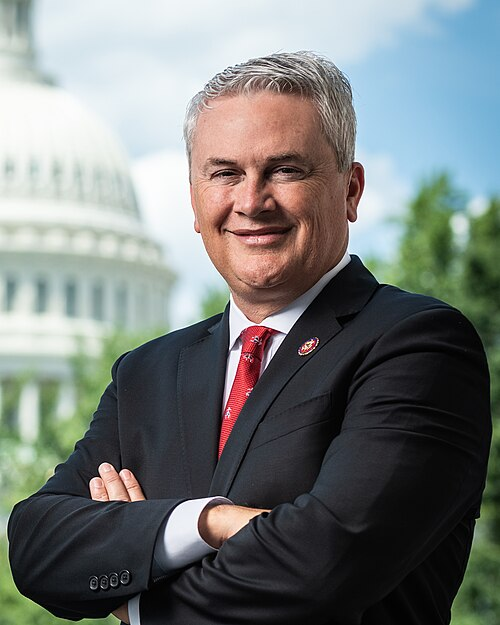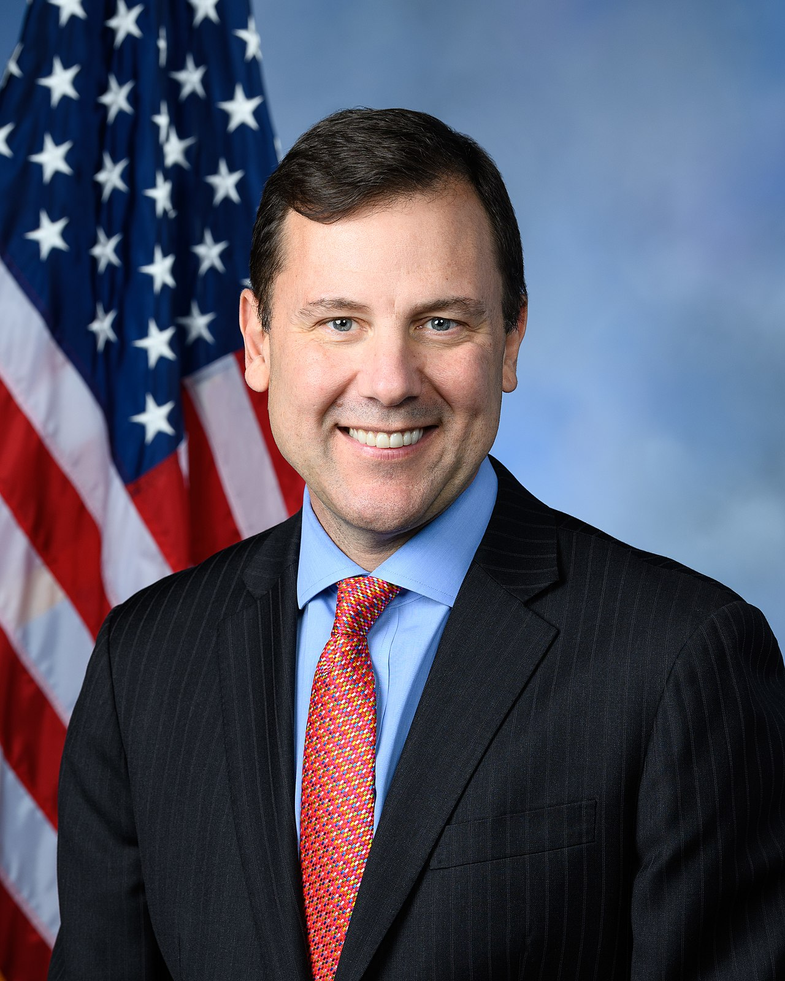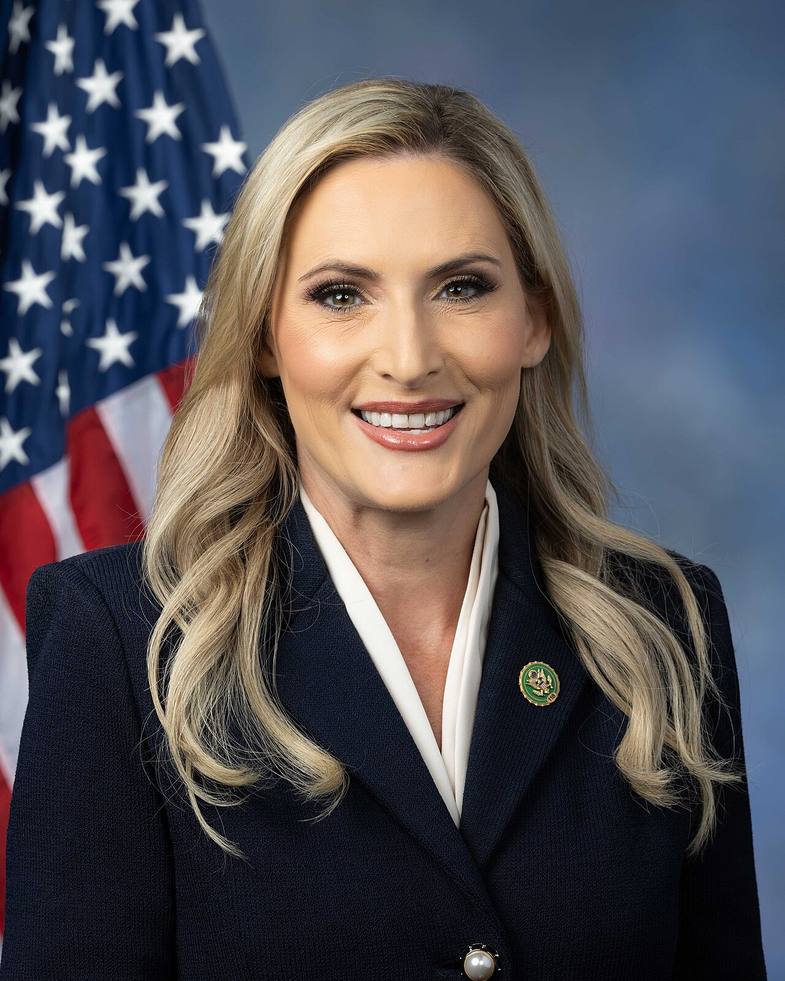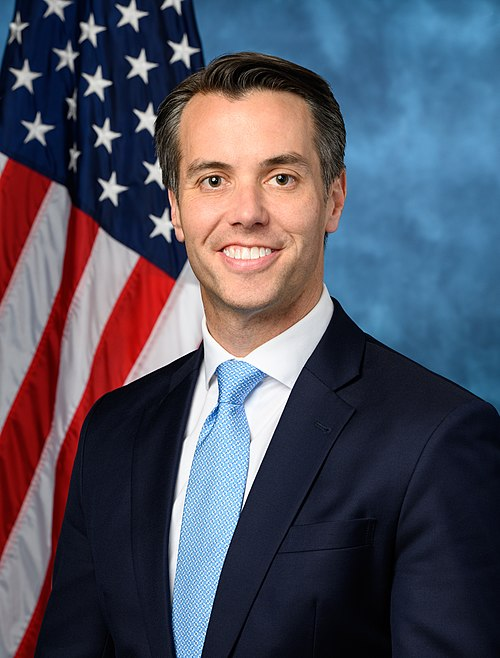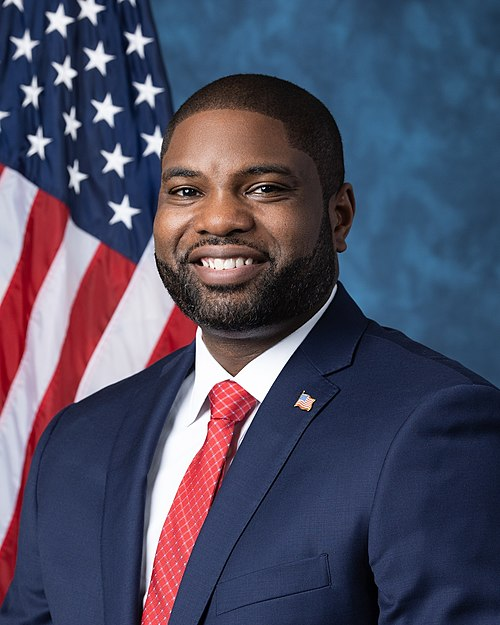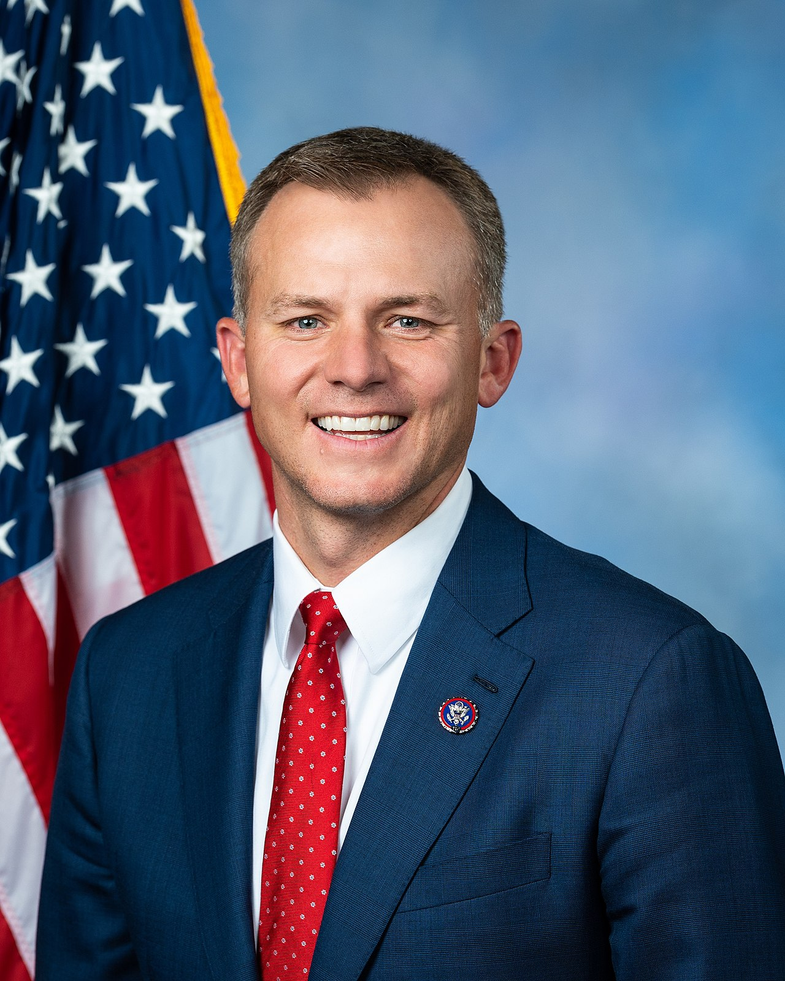H.R. 3786: Drones for First Responders Act
Summary of the Drones for First Responders Act
This legislation, known as the Drones for First Responders Act, proposes several measures aimed at regulating the import of unmanned aircraft (drones) into the United States, particularly those manufactured in China, and enhancing domestic drone capabilities for first responders, farmers, and critical infrastructure providers.
Key Objectives
- National Security Concerns: The bill highlights concerns regarding the dominance of Chinese-manufactured unmanned aircraft in the U.S. market and suggests that this poses a national security risk.
- Domestic Industry Support: The legislation aims to promote the competitiveness of U.S. unmanned aircraft manufacturers and those of allied countries in face of subsidized pricing from Chinese companies.
- Secure Supply Chains: By reducing reliance on Chinese-made drones, the bill seeks to ensure a more secure supply chain for unmanned aircraft that are critical for first responders and agricultural operations.
Changes to Import Duties
The bill proposes a multi-tiered increase in tariffs on drones imported from China, with the following duty rates:
- 30% for the first year after enactment.
- 35% for the second year.
- 40% for the third year.
- 45% for the fourth year.
- $100 per drone plus 50% for subsequent imports thereafter.
These tariff increases are intended to incentivize sourcing drones from domestic manufacturers or those in allied countries.
Strengthened Rules of Origin
Starting January 1, 2031, any unmanned aircraft seeking entry into the U.S. must not contain critical components (like flight controllers or cameras) manufactured in China. Documentation proving compliance with this requirement must be presented to U.S. Customs and Border Protection before import.
Funding and Grant Program
The Drones for First Responders Act establishes a fund in the U.S. Treasury called the Secure Unmanned Aircraft Systems for First Responders Fund. This fund will be financed through the tariffs collected on Chinese drones. The funds will be used to:
- Provide grants to first responders, farmers, and infrastructure providers to purchase secure unmanned aircraft systems.
- Support the operational capabilities of these systems.
- Enhance the program management capabilities of grant recipients.
The funding priorities will direct 60% of the grants towards first responders, 20% towards farmers and ranchers, and 20% towards providers of critical infrastructure.
Definitions
The bill includes definitions for terms such as:
- First Responder: Defined as individuals who provide emergency services, including medical, fire, and police services.
- Critical Infrastructure: Facilities and services essential to national security, economy, public health, or safety.
- Covered Foreign Entity: Entities that fall under certain security concerns as listed by the federal government.
Implementation Timeline
The provisions of the bill regarding tariffs and regulations will take effect 30 days after the enactment of the law. The grant program is expected to be operational within a year of enactment.
Relevant Companies
- DJI Technology Co. - The leading Chinese drone manufacturer that would be significantly affected by the increase in import tariffs and restrictions on its products in the U.S. market.
- Alphabet Inc. - They own Wing, a drone delivery service that may also face complications under new regulations, especially concerning the components sourced from China.
- Apple Inc. - If they decide to expand into drone technology, they may face challenges due to increased costs and regulations related to sourcing and manufacturing components.
This is an AI-generated summary of the bill text. There may be mistakes.
Sponsors
4 bill sponsors
Actions
3 actions
| Date | Action |
|---|---|
| Jun. 06, 2025 | Referred to the Subcommittee on Aviation. |
| Jun. 05, 2025 | Introduced in House |
| Jun. 05, 2025 | Referred to the Committee on Ways and Means, and in addition to the Committees on Transportation and Infrastructure, and Agriculture, for a period to be subsequently determined by the Speaker, in each case for consideration of such provisions as fall within the jurisdiction of the committee concerned. |
Corporate Lobbying
0 companies lobbying
None found.
* Note that there can be significant delays in lobbying disclosures, and our data may be incomplete.
